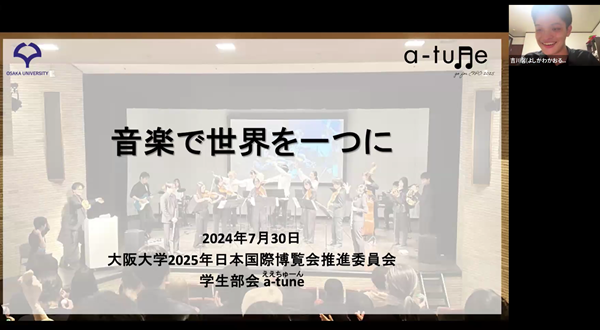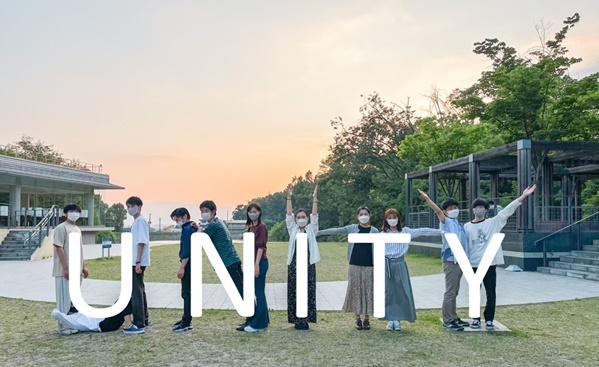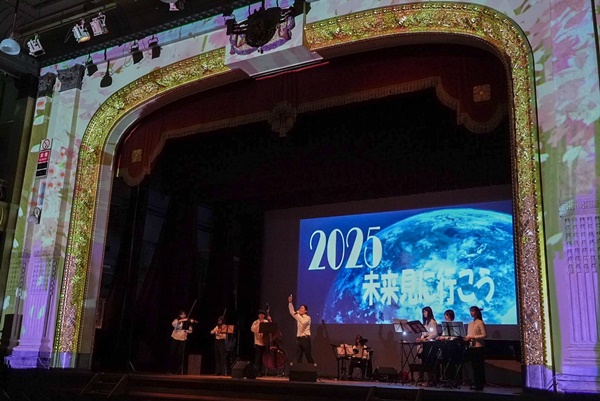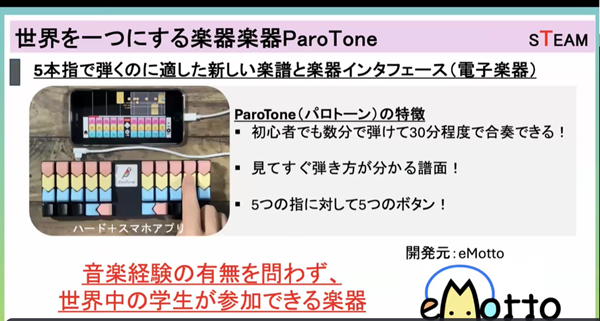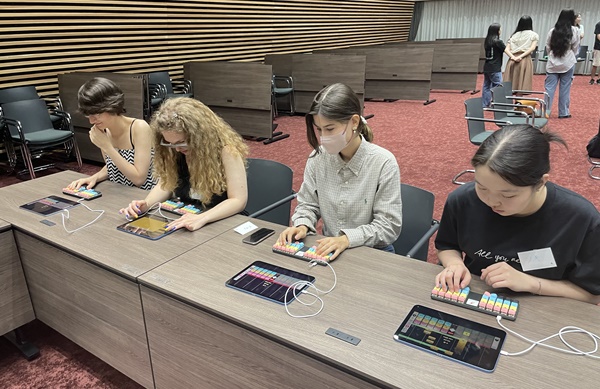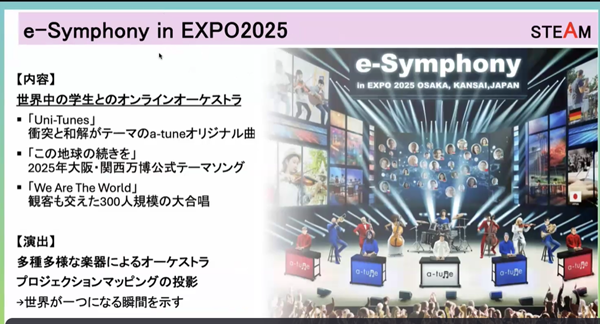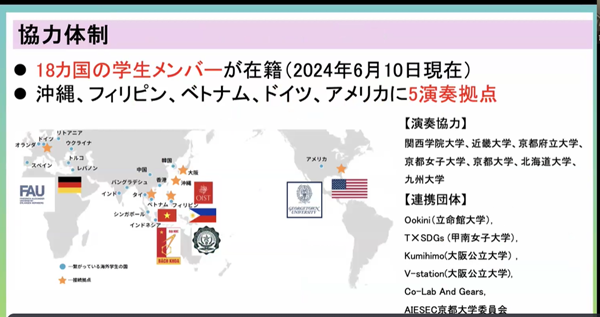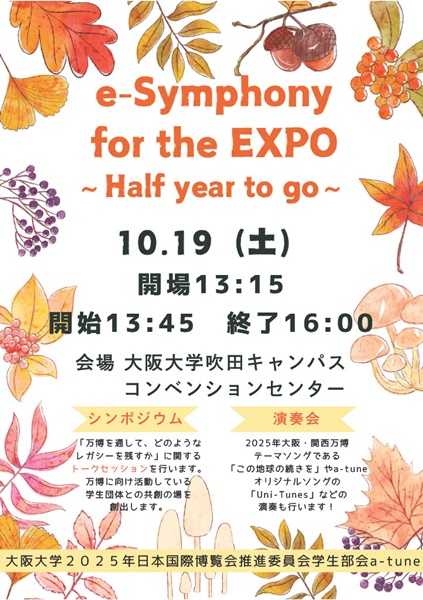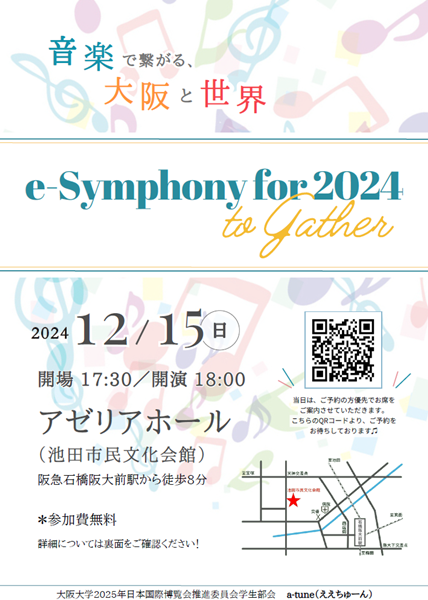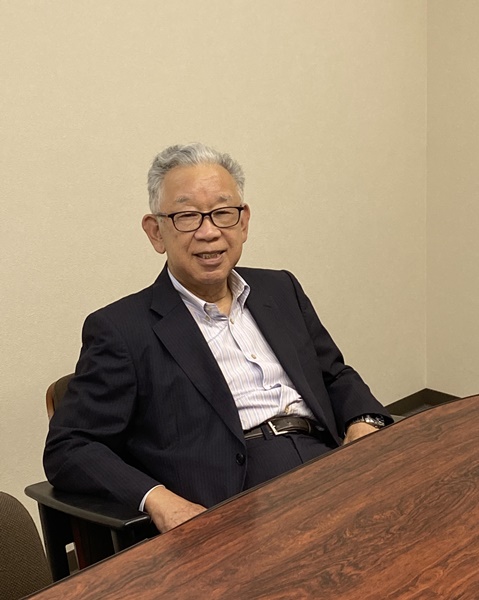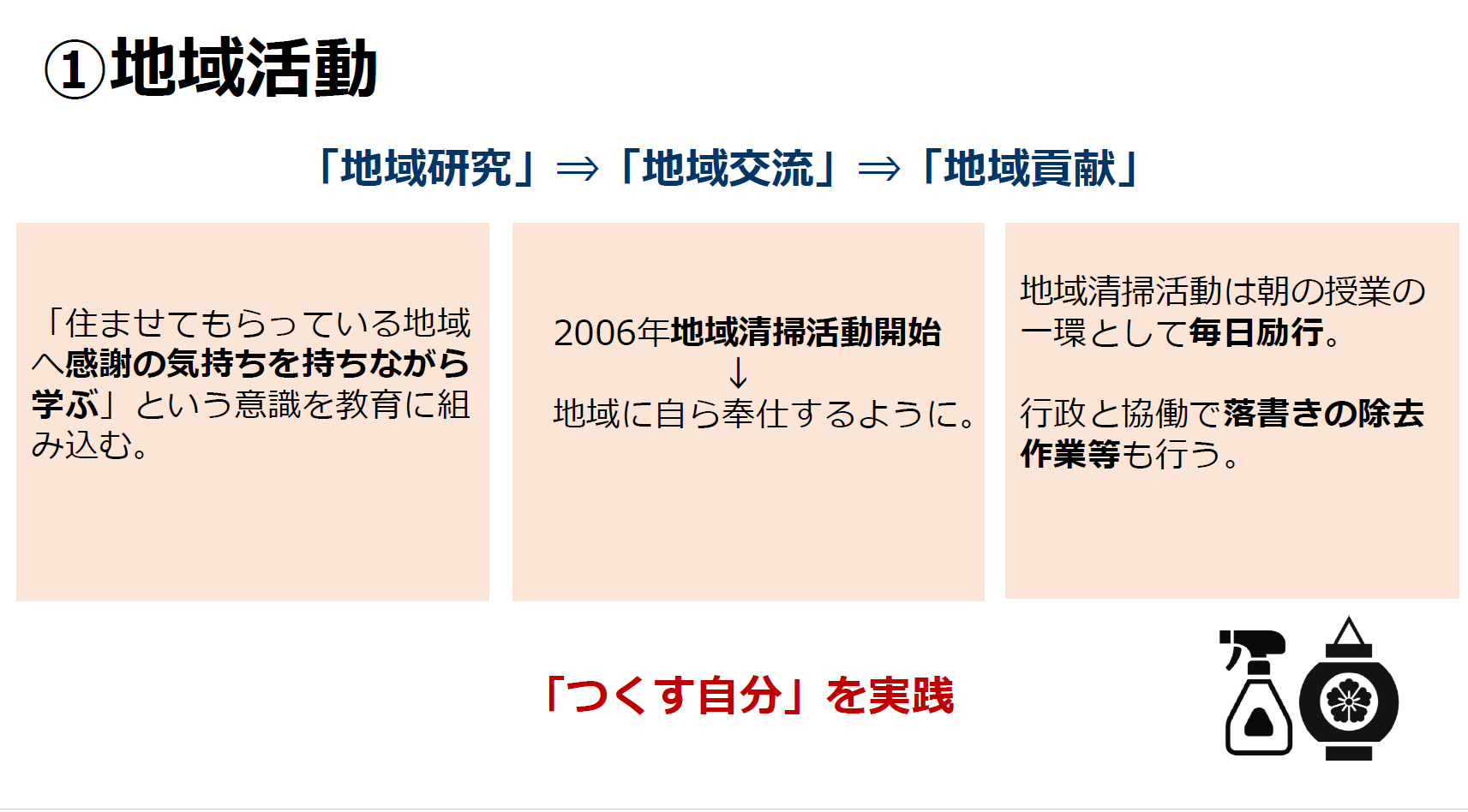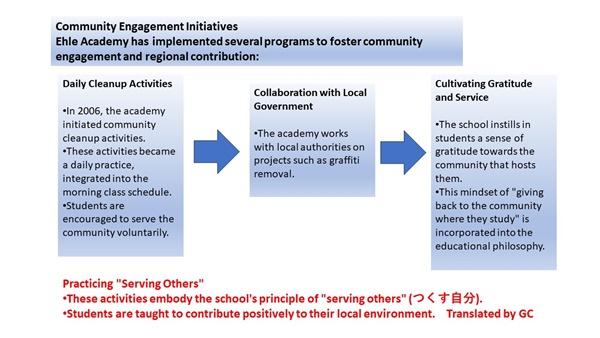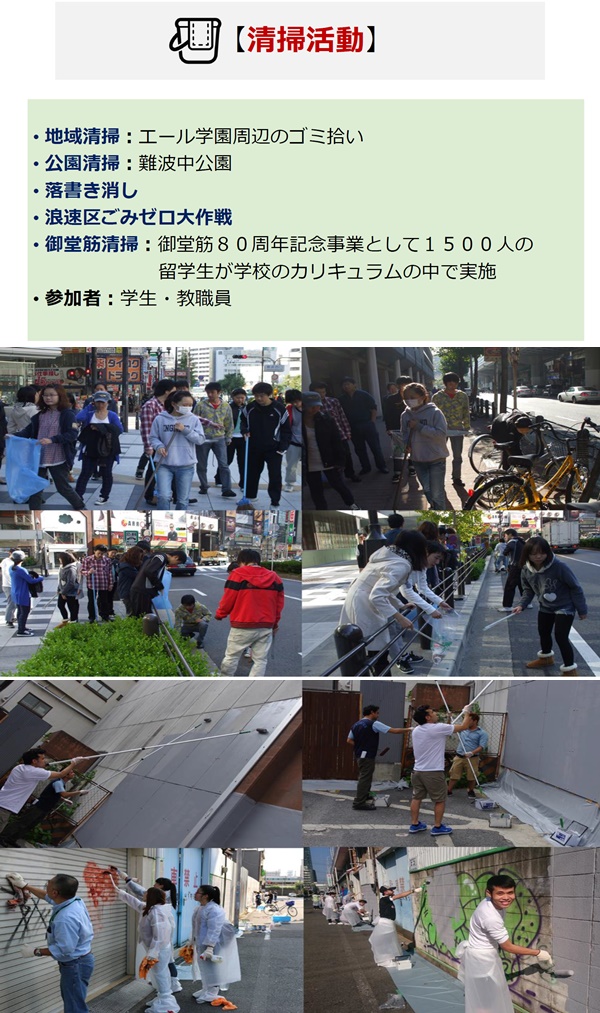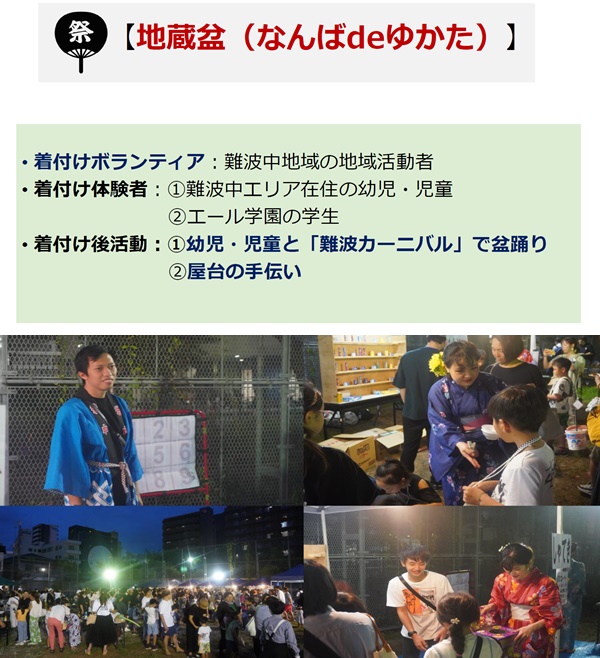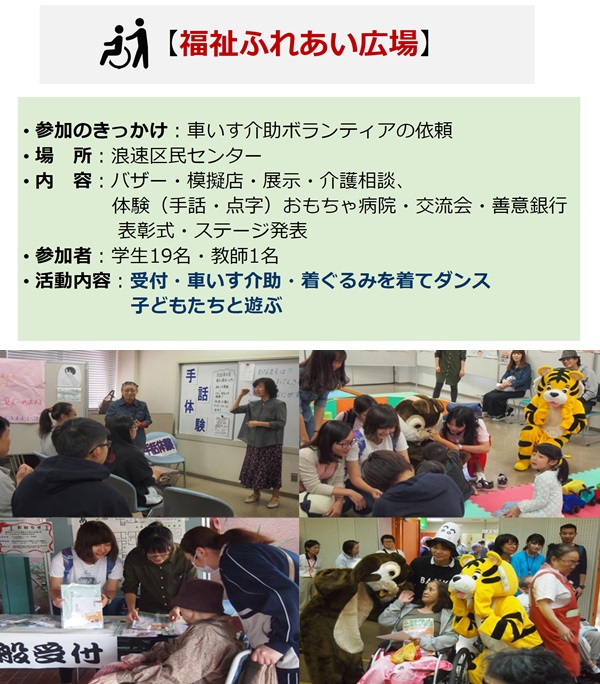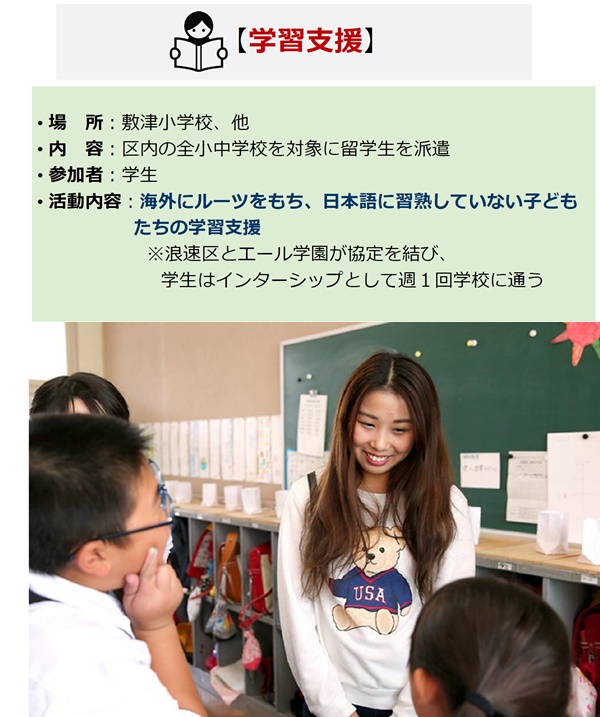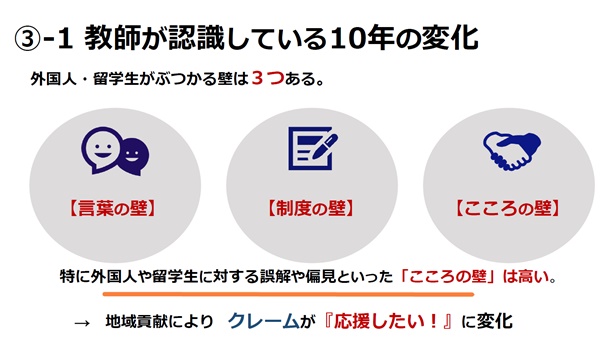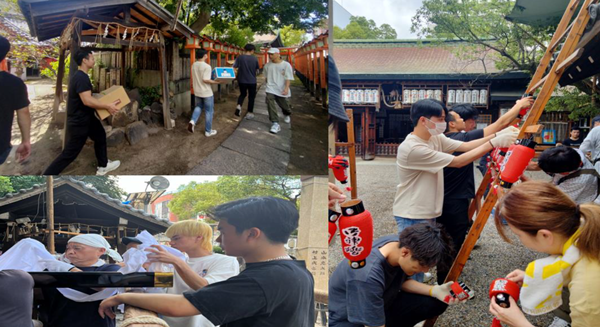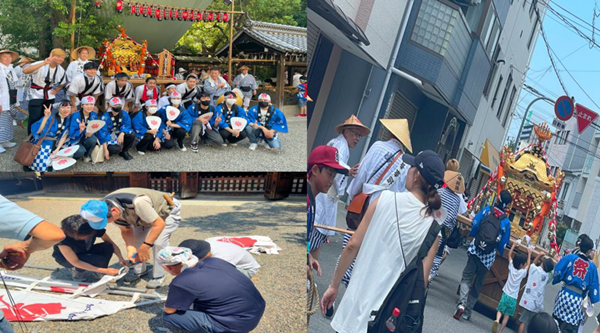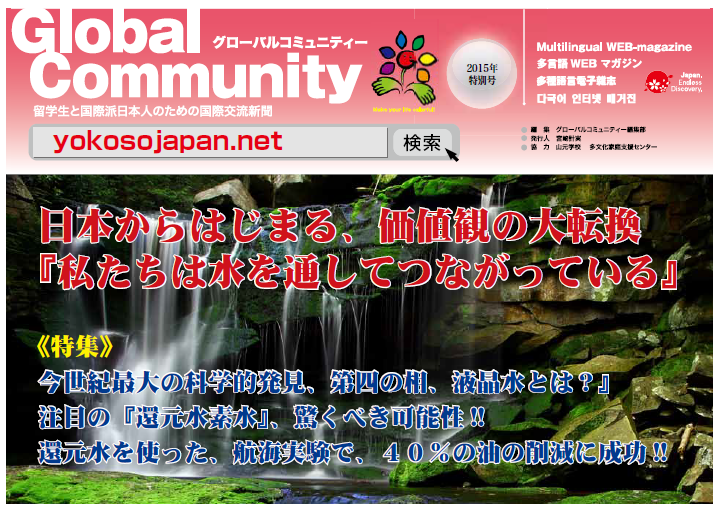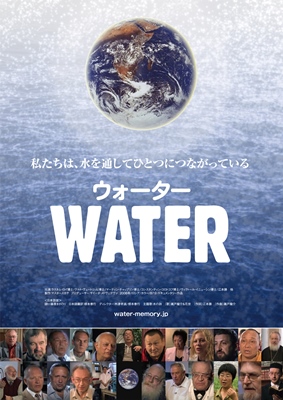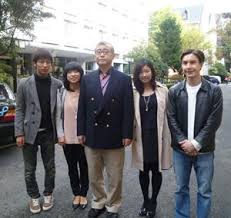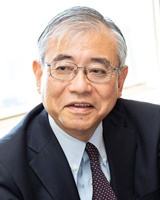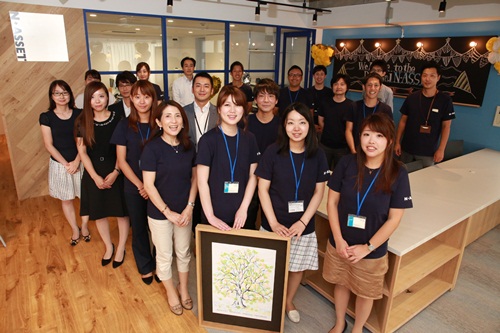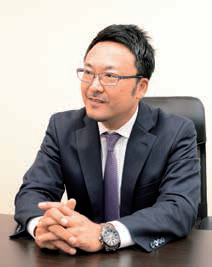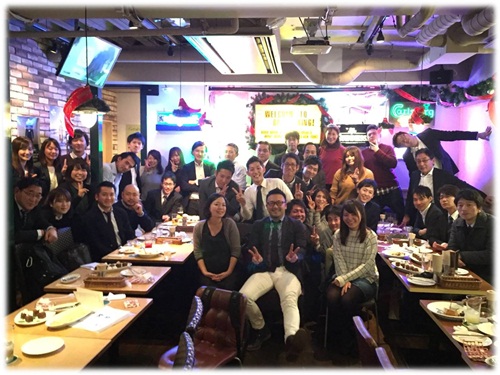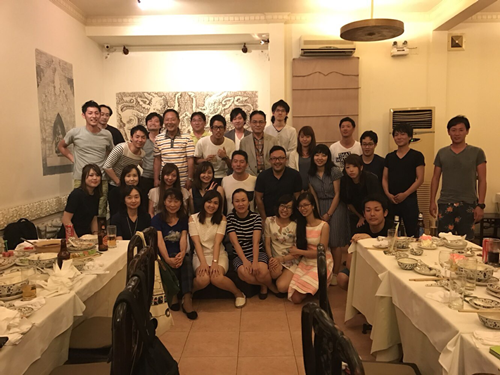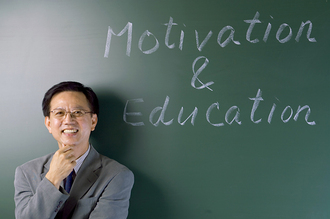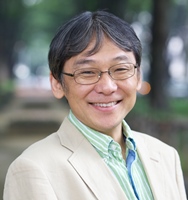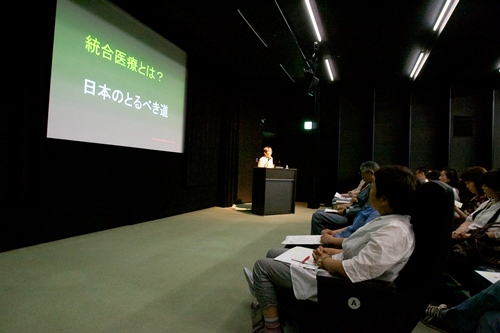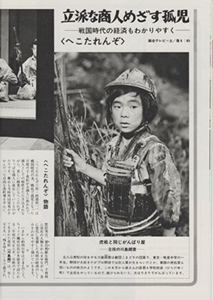13th International Red-White Singing Festival in OSAKA EXPO2025
- 2025/09/24 01:00

13th International Red-White Singing Festival in OSAKA EXPO2025
This time, with the cooperation of the Osaka Convention & Tourism Bureau, we were able to hold the event at the Osaka-Kansai Expo venue. We are very grateful that it could take place inside a dedicated indoor event hall.
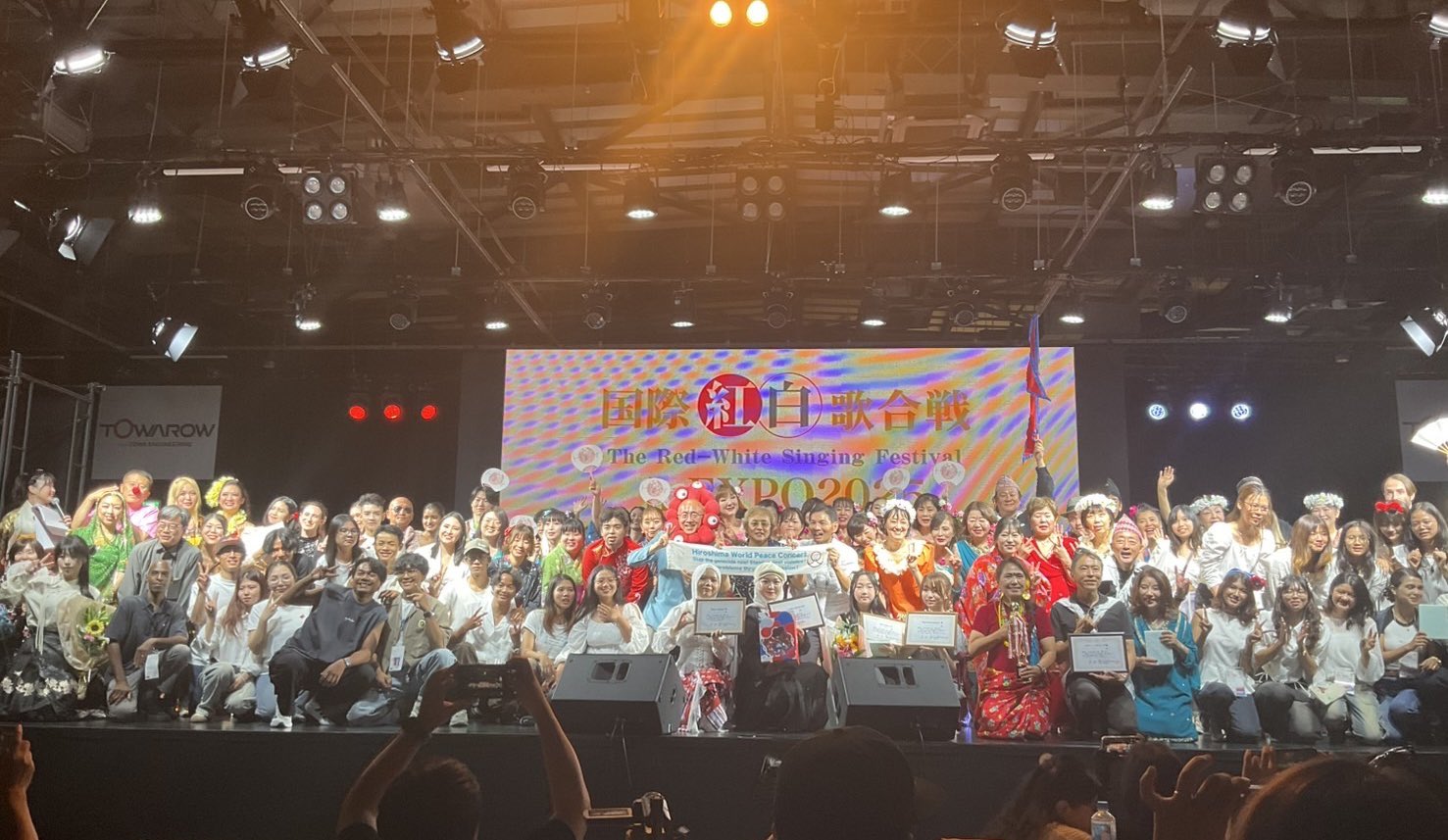
Purpose
A new international exchange event where Japanese participants sing in foreign languages and foreign participants sing in Japanese, to promote mutual cultural understanding. Through the power of song, we aim to deliver a new message of multicultural coexistence to the world, while also bringing excitement to the Osaka-Kansai Expo.
Date & Time
September 19, 2025, 13:30–16:30 (with live streaming).
Venue
Festival Station, inside Osaka-Kansai Expo (Yumeshima Higashi 1-chome, Konohana Ward, Osaka City 554-0000).
Official Support
Ministry of Foreign Affairs of Japan
Osaka Consortium for International Student Support
Japan-ASEAN Center (International Organization)
Association of Nikkei and Japanese Abroad
Sponsors
Operating Support
Osaka Convention & Tourism Bureau
Azua Link Co., Ltd.
Handy Network International Co., Ltd.
Special Participants
Gruppo Friends (São Paulo, Brazil)
Organizer
International Red-White Singing Festival Executive Committee
As part of the sister-city exchange program between Osaka City and São Paulo City, on September 18 (the day before the event), two participants and two staff members from Brazil, who came to Japan for this occasion, also visited the Brazil Pavilion for a courtesy call.
Participation Overview
Twenty groups, comprising approximately 90 participants from more than 10 countries, including the USA, Brazil, Ireland, Australia, Benin, Indonesia, Myanmar, Vietnam, Nepal, China, and Japan, joined the event. From São Paulo, two singers selected through the July audition also participated.
Special Features
“Radio Exercise for One Million People”
“International Student Fashion Show”
“Kyo-en Sodefure!” (Kyoto Student Festival performance)
Guest Artists
Tatsuya Kitagawa, Singer-Songwriter, Minoh J-POP Ambassador
Shinji Harada, Singer-Songwriter, Hiroshima Peace Ambassador
Both participants supported the event’s purpose.
Participation Overview
Twenty groups, comprising approximately 90 participants, joined from more than 10 countries, including the USA, Brazil, Ireland, Australia, Benin, Indonesia, Myanmar, Vietnam, Nepal, China, and Japan. From São Paulo, two singers selected through the July audition also participated.
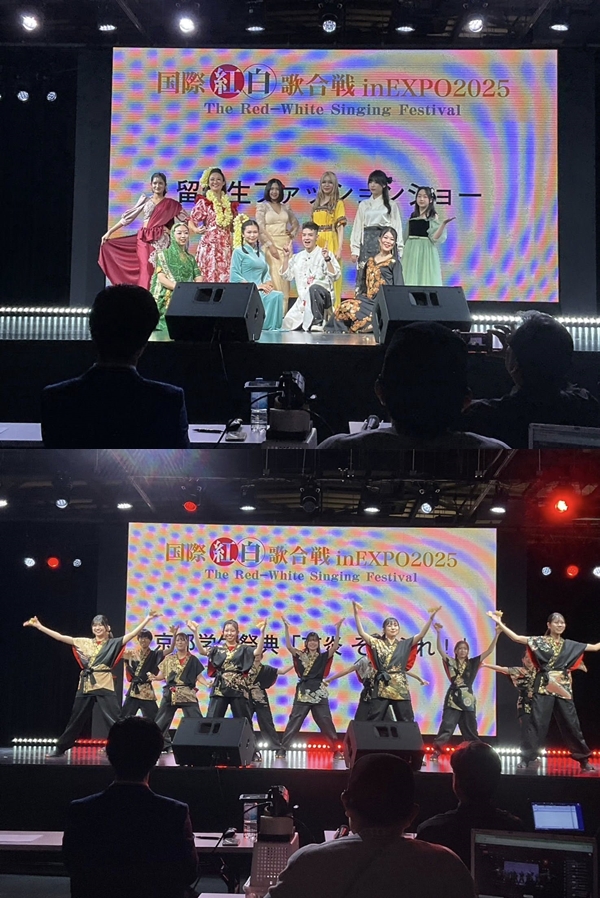
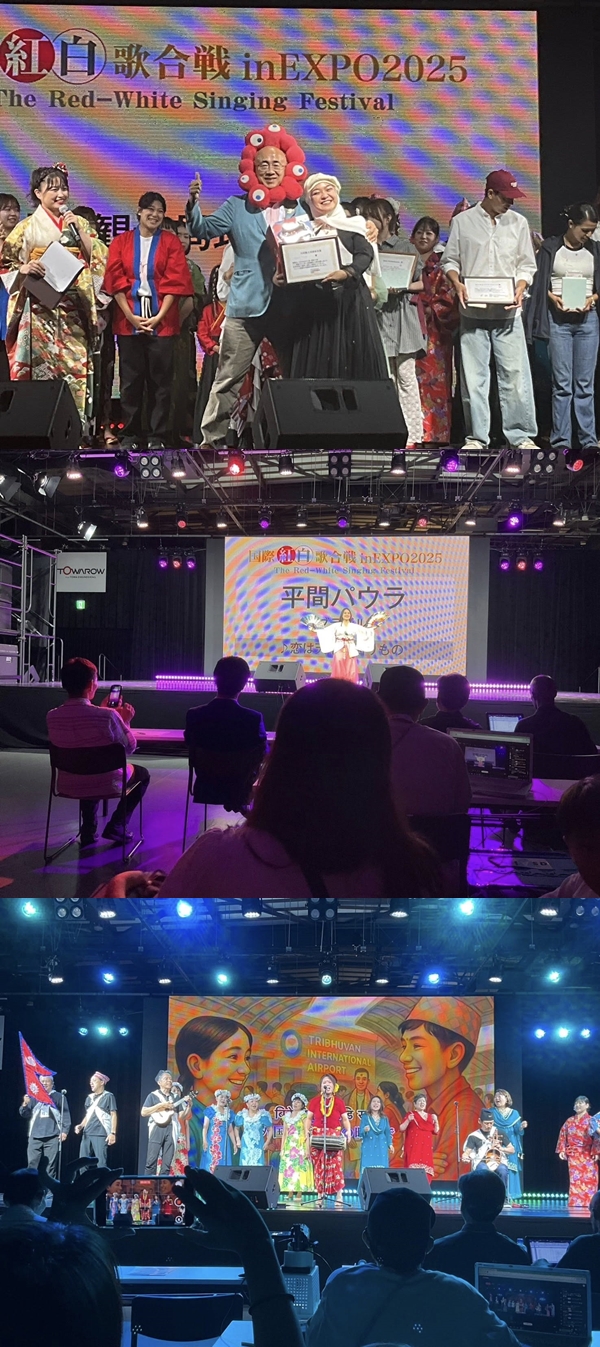
Event Highlights
The event took place in a 300-seat hall, but it was so popular that some people were waiting outside just to listen to the singing.
Volunteers played a major role in operations: mainly university and high school “student interpreter volunteers” who usually support foreign visitors at Osaka Castle and Houkoku Shrine, joined by professionals such as nurses and university staff. Together, they formed a cohesive and effective team. In addition, seven high school students from Oozora High School volunteered for the first time, and according to their teacher, they gained valuable experience.
At the opening, a video letter was introduced from the Japan Singers Association Los Angeles Branch (USA), whose board member expressed a vision for hosting an “International Red-White Singing Festival in Los Angeles.” It was also noted that the São Paulo Nikkei karaoke association, which held a preliminary audition in July, sent its representative.
Performers included:
Paula Hirama has studied Japanese dance and enka in São Paulo since the age of three.
Their performances greatly enlivened the hall.
Volunteers from Tokyo also joined and commented that they were deeply moved, saying the event “truly embodies the spirit of the Expo.” On September 18, just before the event, the two participants from Brazil made a courtesy visit to the Brazil Pavilion, accompanied by their director. Three more representatives from the community also visited the Festival as audience members.
The official Expo recording team expressed satisfaction, saying they captured “many wonderful scenes that are representative of the Expo.”
For us, this year was also special because we had the opportunity to hold auditions in Yao City (Osaka) in March, Kyoto in August, and São Paulo in July, which allowed both organizers and performers to prepare sufficiently. Thanks to being held inside the Osaka-Kansai Expo venue, participants, volunteers, and staff united seamlessly to support the event together.
Audience members, too, welcomed this international exchange program with great enthusiasm, which made this one of the most moving stages in the history of the Festival. Many long-time participants since 2021 commented that it was “the most touching experience yet.”
"To everyone who supported us—volunteers, staff, performers, and all those involved—thank you very much. We are sincerely grateful from the bottom of our hearts."
